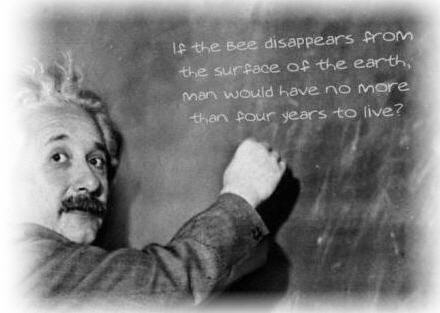Our heart goes out to those whose lives are troubled and threatened by cancer, but I had to reply and inform them that honey is not an antidote for cancer or a "cure-all".
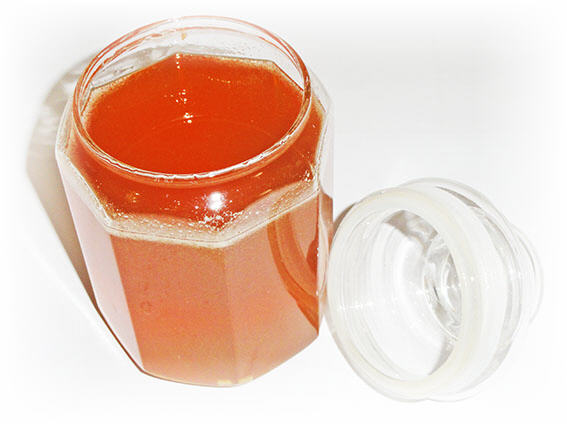
Perhaps what many people don't think enough of or have overlooked is - honey possesses carcinogen-preventing and anti-tumour properties; honey is curative; honey is anti-cancer. According to the book Honey Revolution by Dr Ron Fessenden, scientists have found floral flavonoids in honey. These tiny traces of bioflavonoids, generally known as antioxidants, have powerful influences when entered into the body's cells. When ingested, they immediately increase the antioxidant levels within cells, "decrease capillary permeability and fragility. They scavenge oxidants and inhibit the destruction of collagen in the body". In fact in the recent years, major drug companies recognised the effectiveness of these flora-flavones in removing free radicals from our body and improving our body immunity functioning, and are now investing millions of dollars just to produce these substances artificially. Tell your family, friends that the foraging honeybees have passed on these precious natural floral-flavones from the floral nectars to honey and then to us! Look, you may not see the benefit of turning to healthful food overnight, but daily repetitive, anti-cancer choices will can potentially safe your life from deadly diseases like cancers.

I want to share this story with you. Our local papers recently featured a retail magnate who was punished by the law for buying a kidney illegally. As reported, his kidneys failed in 2005 due to the high levels of sugar in his blood and his well-known penchant for "good food, especially the deep fried stuff". He was tethered to his dialysis machine for three hours a day, and when he was not having dialysis, he would be with a doctor for heart problems and diabetes. When interviewed, he remarked that if he had listen to his doctors a decade or two ago, he might not have lost the use of his kidneys. Hindsight is always 20/20, he said.
Such stories must be powerful enough to jolt us out of our wilful nonchalance. Borrow the hindsight of those who have been there before and work on our health and picture in our mind the good health of our children 10, 20 years later. We can't forecast freak diseases, accidents, and natural disasters of tomorrow, but we can definitely will ourselves to treating our body better by choosing wisely the kind of food to deposit into it today.
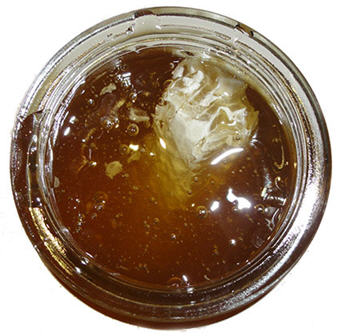
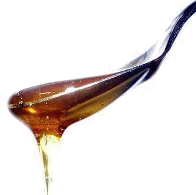 Come in and be awed by the goodness of honey, get some quick easy honey facts and interesting honey bees information, be introduced to some common bee products and their benefits and uses, scrutinize together the nutrition and properties of honey and its health benefits. Well, I probably cannot offer you medical advice on honey like a medical doctor or promote honey as a substitute for professional medical care, and I don't aim to, but as a honey enthusiast, I am eager to give you all the reasons in the most laymen, simplest language that is easy for everybody to grasp and appreciate - why honey is such a superfood, why we should feel indebted to the tireless creatures which have to visit two million flowers just to provide us
Come in and be awed by the goodness of honey, get some quick easy honey facts and interesting honey bees information, be introduced to some common bee products and their benefits and uses, scrutinize together the nutrition and properties of honey and its health benefits. Well, I probably cannot offer you medical advice on honey like a medical doctor or promote honey as a substitute for professional medical care, and I don't aim to, but as a honey enthusiast, I am eager to give you all the reasons in the most laymen, simplest language that is easy for everybody to grasp and appreciate - why honey is such a superfood, why we should feel indebted to the tireless creatures which have to visit two million flowers just to provide us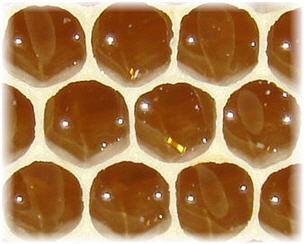
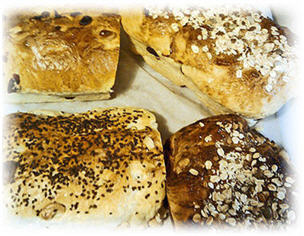 1. Next time before you go for a
1. Next time before you go for a 
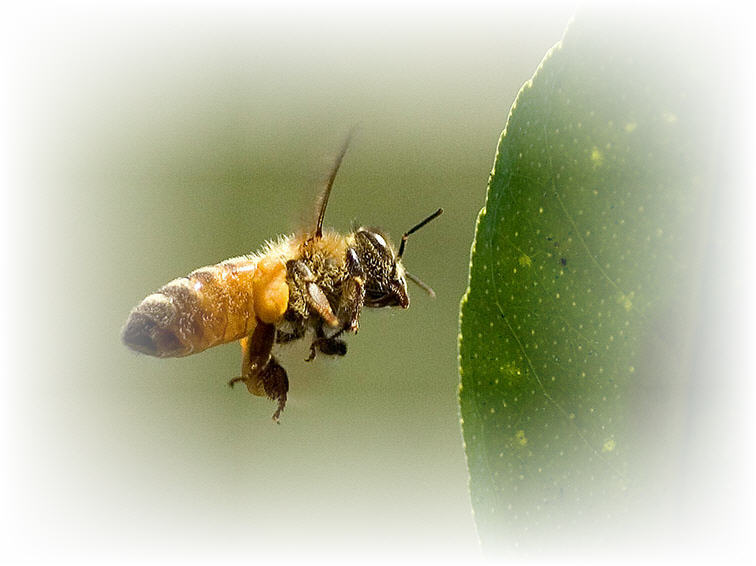
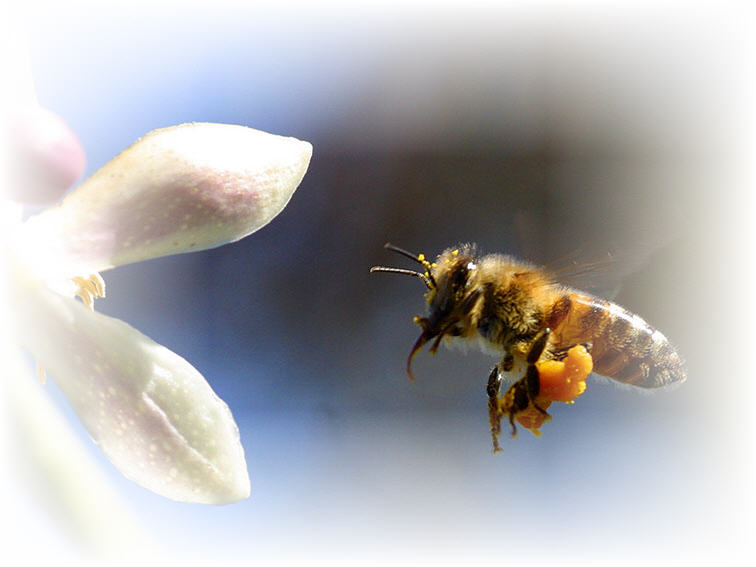
 Honeybees have a remarkably acute sense of smell. And that's why so often, we'll find them buzzing so persistently around us at picnics with spreads of food. Their keen sense of smell guides them to the flowers and pollinates them. Foraging bees can discriminate between flowers when there are a bewildering number of flowers to select from. Their odorant receptors, which are more powerful than fruit flies or mosquitoes, also allow them to find food and communicate its location to other bees.
Honeybees have a remarkably acute sense of smell. And that's why so often, we'll find them buzzing so persistently around us at picnics with spreads of food. Their keen sense of smell guides them to the flowers and pollinates them. Foraging bees can discriminate between flowers when there are a bewildering number of flowers to select from. Their odorant receptors, which are more powerful than fruit flies or mosquitoes, also allow them to find food and communicate its location to other bees. 